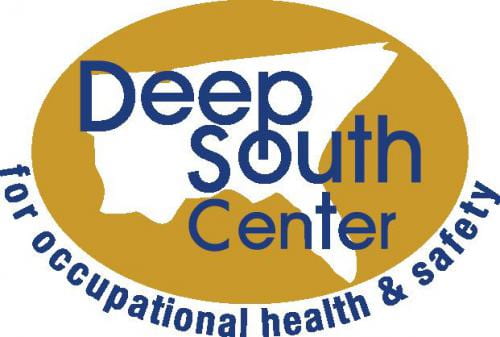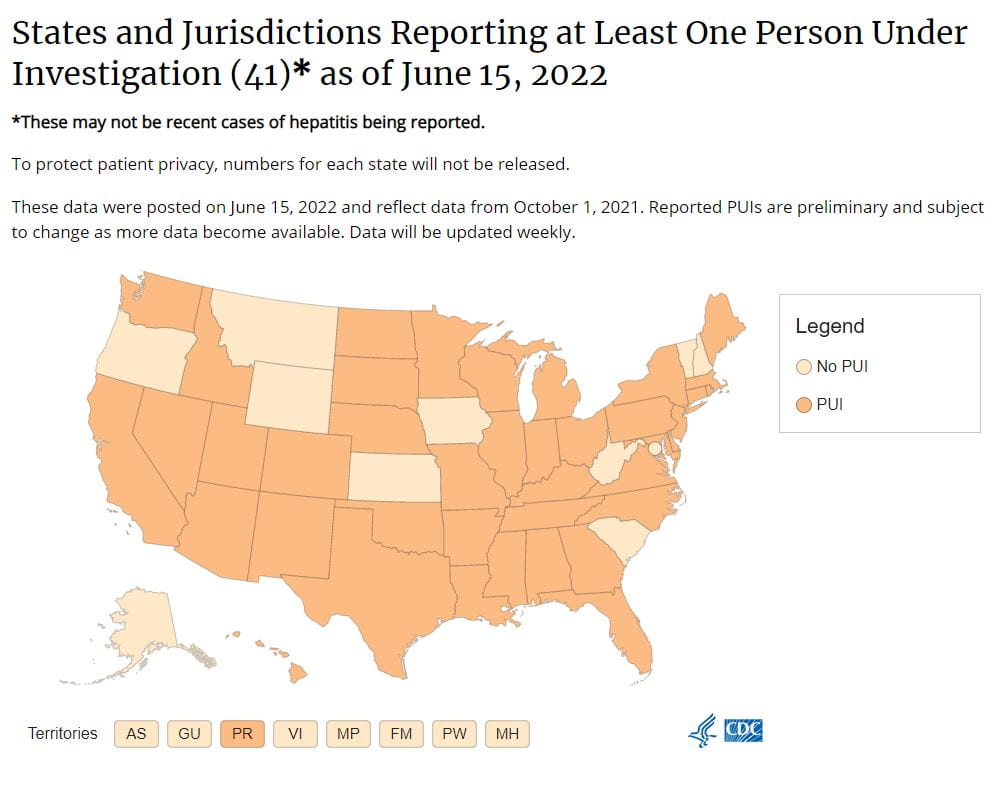This webinar is presented by the Alabama Regional Center for Infection Prevention and Control Training and Technical Assistance. In this webinar, Dr. Alistair Thorpe will discuss health communication efforts to reduce antibiotic overuse and scope for improving their impact through research on public perceptions and preferences about antibiotics. This webinar is co-sponsored by the Alabama Regional Center for Infection Prevention and Control, the Deep South Center for Occupational Health and Safety, and the Region IV Public Health Training Center.
The Deep South Center for OH&S is an approved provider of continuing education units for nurses by the AL Board of Nursing (Provider ABNP0420 Expiration Date 12/22/2025) and has awarded this program 1.0 CEUs.










